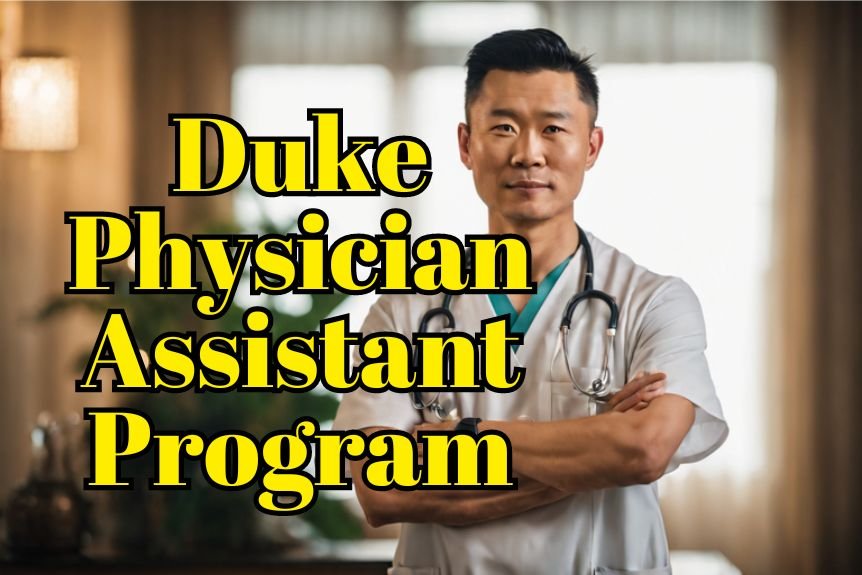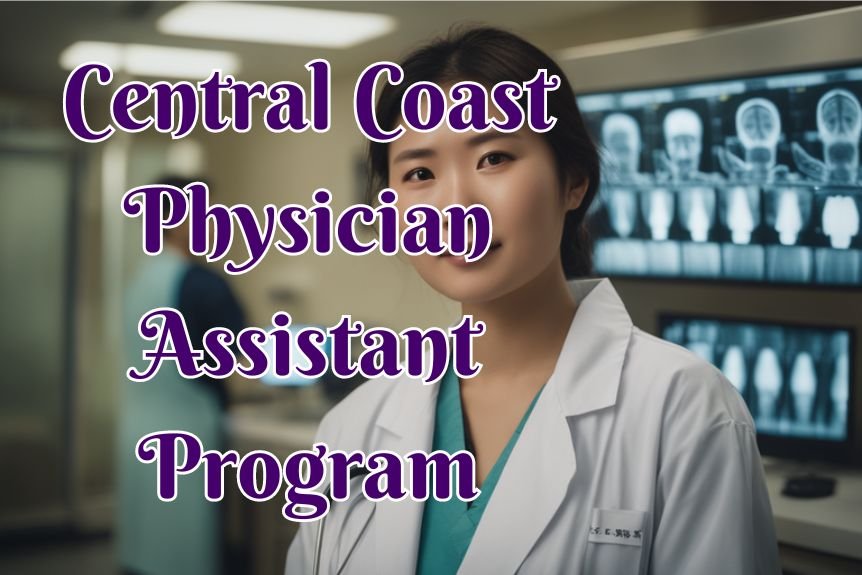So, you’ve decided to pursue a career as a physician assistant, but you’re looking for a way to fast-track your journey into the medical field. Well, you’re in luck because accelerated physician assistant programs might just be the answer you’re seeking. These programs, known for their efficiency and time-saving nature, provide a streamlined pathway to becoming a physician assistant in a shorter period of time.
But what exactly are the benefits of these accelerated programs? Which ones are considered the top programs in the field? And what are the goals and outcomes of such programs? Let’s explore these questions and more, as we uncover the world of accelerated physician assistant programs.
Benefits of Accelerated Programs

Accelerated programs offer a faster path to becoming a physician assistant, allowing you to enter the workforce sooner. These programs have several benefits that make them attractive to prospective students.
One of the key benefits of accelerated programs is the opportunity to gain valuable healthcare experience in a shorter timeframe. These programs often feature an intense and focused curriculum that efficiently covers essential knowledge and skills. As a result, students can acquire the necessary skills and knowledge to provide quality patient care in a shorter period.
Moreover, accelerated programs provide students with earlier clinical exposure and hands-on experience. This early exposure to patient care can be invaluable in developing the necessary skills and confidence required to excel as a physician assistant. By gaining practical experience early on, students can hit the ground running when they enter the workforce.
Another advantage of accelerated programs is the potential to save both time and money. By completing the degree in a shorter timeframe, students can enter the job market earlier and start earning a salary sooner. Additionally, the reduced duration of the program can lead to cost savings in terms of tuition fees and living expenses.
Furthermore, graduates of accelerated programs may have a competitive edge in the job market. Employers often value candidates who’ve completed an accelerated program due to their expedited entry into the workforce. This advantage can make accelerated program graduates highly sought after and competitive applicants in the field of physician assistantship.
Top Accelerated PA Programs

Looking to pursue an accelerated physician assistant program? Here are some of the top programs available:
- Baylor College of Medicine: Ranked second in the nation, Baylor College of Medicine’s PA program offers diverse clinical settings in the prestigious Texas Medical Center. With extensive academic and support services, including involvement in professional activities and a strong service learning requirement, Baylor provides a comprehensive curriculum that prepares students for the demands of clinical practice. Students also have access to resources such as job banks, residency opportunities, and scholarship information.
- Duke University: Duke’s PA program is renowned for its rigorous curriculum and experiential learning phase. Students gain hands-on experience in a variety of clinical settings, enhancing their skills and knowledge. Duke also offers opportunities for research and community engagement, allowing students to make a positive impact in healthcare.
- University of Iowa: The University of Iowa’s PA program focuses on providing a well-rounded education that prepares students for a successful career in healthcare. With a curriculum that emphasizes evidence-based practice and patient-centered care, students develop the skills necessary to excel in clinical practice. The program also offers opportunities for specialization, allowing students to tailor their education to their specific interests.
- Franklin University of Medicine: Franklin’s PA program is known for its innovative approach to education. With a strong emphasis on technology and interprofessional collaboration, students receive a comprehensive education that prepares them for the rapidly evolving field of healthcare. The program also offers a wide range of clinical experiences, allowing students to gain exposure to different specialties and patient populations.
These top accelerated PA programs provide a rigorous and comprehensive education that prepares students for a successful career in healthcare. Whether you’re interested in clinical practice or research, these programs offer the resources and support needed to excel in the field.
Program Goals and Outcomes

The program goals of physician assistant programs include providing a comprehensive and rigorous curriculum to prepare students for a successful career in healthcare. These programs, such as those offered at the University of Texas, aim to produce graduates who are well-prepared to provide patient-centered care, work collaboratively in healthcare teams, and demonstrate cultural sensitivity. The programs also seek to foster leadership skills, ethical decision-making, and a commitment to serving underserved communities.
In addition to these overarching goals, physician assistant programs have specific outcomes they strive to achieve. One important outcome is the production of graduates who are competent, compassionate, and well-prepared to meet the evolving needs of the healthcare industry. This means that students mustn’t only acquire a solid foundation in medical knowledge, but also develop strong clinical skills and demonstrate empathy towards patients.
Another important outcome is the success of students in certification exams and their placement in desirable clinical positions. Physician assistant programs aim for high rates of student success, ensuring that graduates are well-equipped to pass the certification exams that are required to practice as physician assistants. Additionally, these programs work to provide students with opportunities for clinical rotations and internships that will help them secure positions in their desired healthcare settings.






